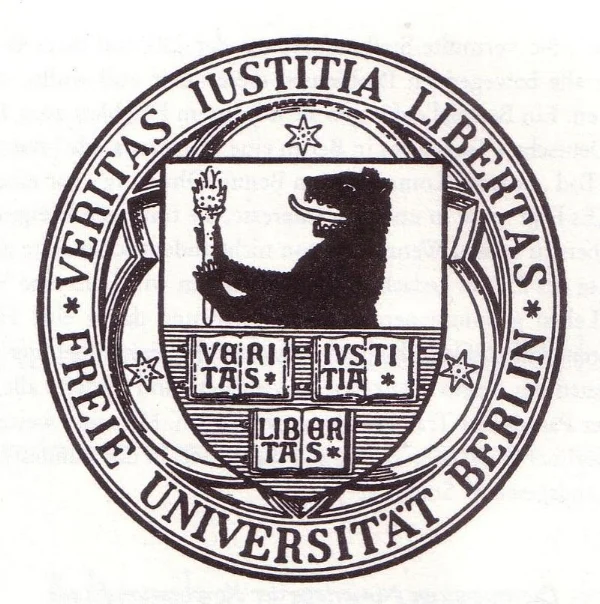About five years ago I was invited to dinner with a family whose daughter went to Wilson high school. The parents wanted to find the best educational value for their daughter and I recommended work study colleges, service academies, and Canadian and UK universities. Many months later I ran into the mother shopping and asked where her daughter ended up going to school: “Germany,” she answered.
These days the number of US students heading to Germany for university has grown from a trickle to a flow. Currently there are 4,650 US students enrolled in a German university: a 20% increase over the last three years.
One key factor to the flow of students is that all the German public universities offer free tuition to not only German students but to all international students. Lower Saxony, one of the last ‘landers’ with public universities charging a nominal tuition, about $600 a semester, did away with tuition altogether last year.
Compare a student going to a Cal State campus with one going to an elite German university. Cal State in-state tuition is now $6,500 with room and board about $12,000, totaling just under $18,500. A student going to Technical University in Munich (TUM) spends 280 euros on rent, 80 on Health Insurance (this alone makes attending a bargain), 20 on Semester fees (which supports the student union and other activities and often includes public transportation costs), 140 for groceries, and 100 on other expenses. This represents a monthly budget of 620 Euros or about $700. Annually this is less than $8,500. That’s 46% of what it costs to go to a Cal State school.
Moreover, the Technical University of Munich is Germany’s highest ranking university, 53rd on the World University Rankings and is one of the top engineering schools in the world. With 5,000 international students comprising 15% of the university population, the university conducts cutting edge research and has partnerships with MIT, Stanford, Cornell, and Georgia Tech, as well as other universities throughout Europe and Asia.
A concern many US students might have is their inability to speak German. Undoubtedly gaining a fluency in German would be a desired outcome from studying four years in the country, but a student does not necessarily have to have a command of German to gain a bachelors or master’s degree. German universities are now offering over 1,150 programs in English across a number of fields. In fact at TUM, President Wolfgang Herrmann has announced that every graduate program will be offered in English, and only English, by the year 2020.
Yet another concern students might have is how a German degree might be perceived outside of Germany. In 1999 all the EU members, including Germany, signed the Bologna Accord establishing uniform university degrees across the continent aligning closely to the US university system. This is slightly ironic as modern US research universities were modelled on the German universities of the 19th century, which led the world in medicine, chemistry, engineering and the natural sciences. What comes around goes around.
The Germans, however, are hoping many of the foreign students, Americans included, will stay. Demographically, Germany has a shrinking population and its intent is for international students to use their talents nurtured in Germany in Germany. So far about 40% of the foreign students who study in Germany stay for at least 10 years.
Yes, there are big differences between a German and US university: forget dormitories (almost all students live off campus), luxurious gyms, team sports facilities, advisory systems, or testing a variety of majors. In Germany you’re expected to figure out what you need to do and do it.
A student who succeeds in the German system needs to be adventurous, disciplined (start exploring the German educational system and calling the international offices of universities of interest at least 6 months ahead), and willing to brave the confusions that beset all who become a part of a new culture. Attending a German university might prove to be the educational experience of a lifetime. Viel Spass.

